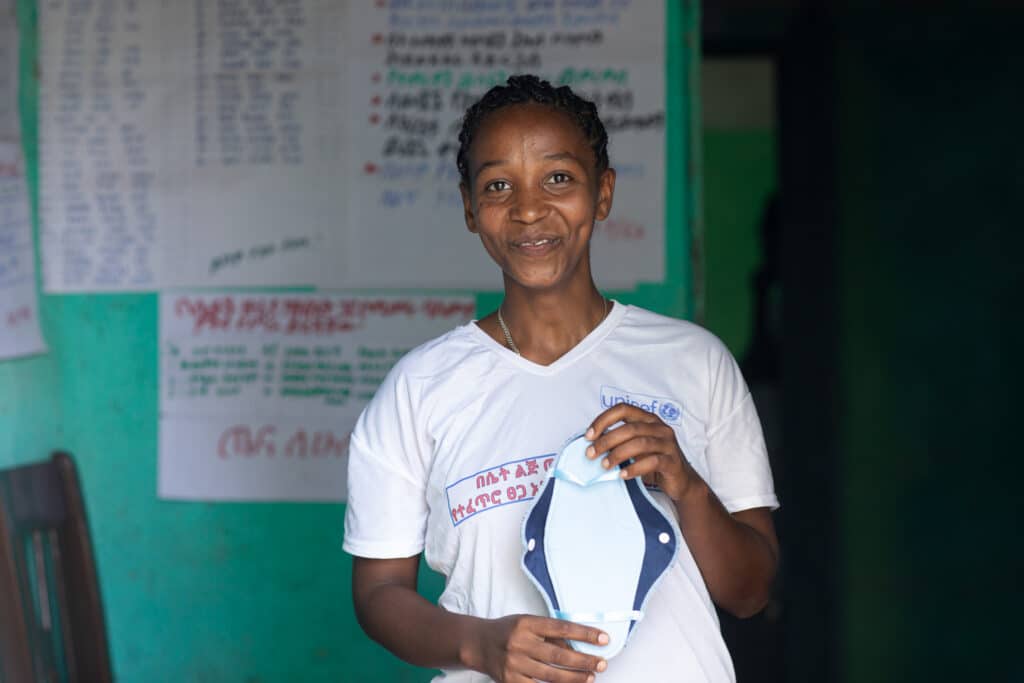Less than one in three schools around the world provide bins for menstrual waste in girls’ bathrooms, a new report from the UN has revealed.
Today is Menstrual Hygiene Day, and to underscore the importance of menstrual health and hygiene, the United Nations Children’s Fund (UNICEF) and the World Health Organisation (WHO) released their report, Progress on drinking water, sanitation, and hygiene in schools 2000-2023: special focus on menstrual health.
The report highlights some major gaps that exist in menstrual health, especially for school-aged girls in developing countries; there is significantly limited education, information, products, services and facilities that exacerbate the menstrual health gaps.
Globally, just two out of five schools (39 per cent) provide education on menstrual health, while less than a third (31 per cent) have menstrual waste bins in bathrooms.
In less developed countries, this goes down to just one in five schools providing menstrual waste bins; meanwhile, that figure sits at one in 10 in sub-Saharan Africa.
Millions of adolescent girls cannot access adequate water and soap, with girls who attend private and girls-only schools, as well as those living in urban areas, more likely to have access to a private space with water and soap to change menstrual products at school.
Studies have also identified the prevalence of widespread stigmas associated with menstruation, with many young people feeling ashamed about it. This shame can impact their attendance at school, and their mental health.
Workalem, a 16-year-old student in Ethiopia, said her education was significantly affected not only because of the difficulty in accessing water and a functioning bathroom, but also because of the shame around menstruation she felt.
“I used to stay home for up to 7 days and miss classes and exams because of menstruation and the culture of not mentioning menstruation in public,” Workalem said.

“The lack of access to menstrual products and school bathrooms with no water were the reasons I missed school.”
Education is one of the best ways to improve menstrual health and hygiene, and teachers in schools are the key to this. It is unclear how many teachers are properly trained to educate young people about menstrual hygiene, as there are no national datasets on this. UNICEF and WHO say this highlights a major gap in educational support for menstruation.
When Workalem joined her school’s gender club, she developed a much better understanding and awareness of menstruation.
Sixteen-year-old Bilen shares a similar confidence about menstruation, thanks to the education she received from her mother, her teacher and herself, reading about it independently. Her school in the Gambella region also provides its students with period products.
“I think (menstrual health) is very important for women,” Bilen said.
“My friends also use pads, and we see it as a natural thing. I’m not afraid of it, especially knowing I can get pads in school.”

UNICEF and WHO’s report also highlights broader gaps in children accessing water, sanitation and hygiene across the globe. There are 447 million children – one in five children globally – who still do not have basic drinking water services at school.
About one in five children (427 million) also lack basic sanitation services, while one in three children (646 million) lack basic hygiene services.


